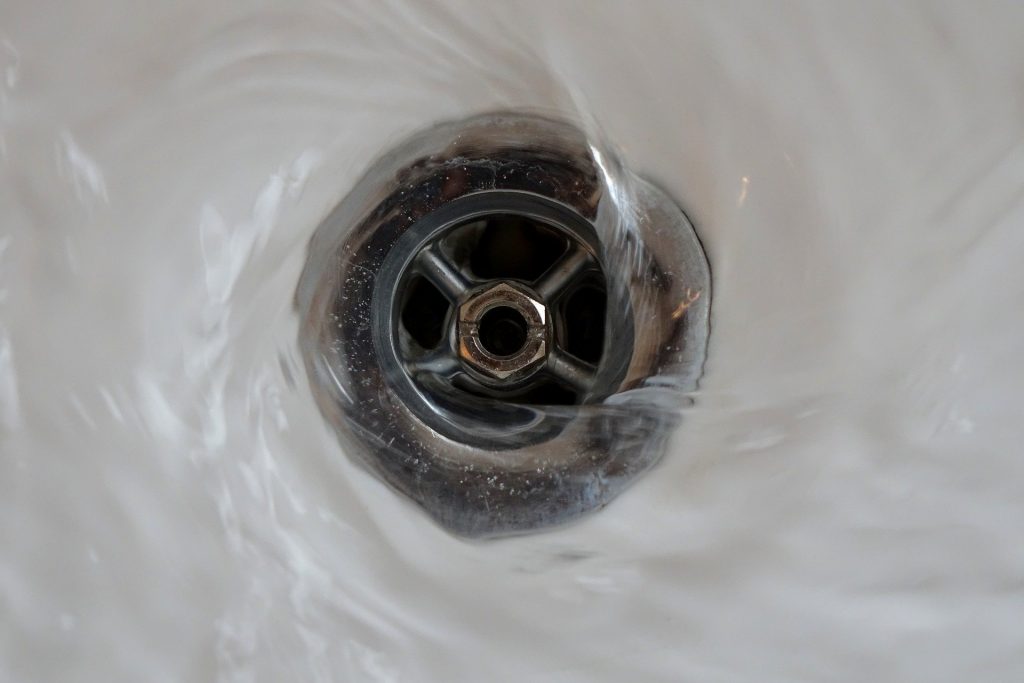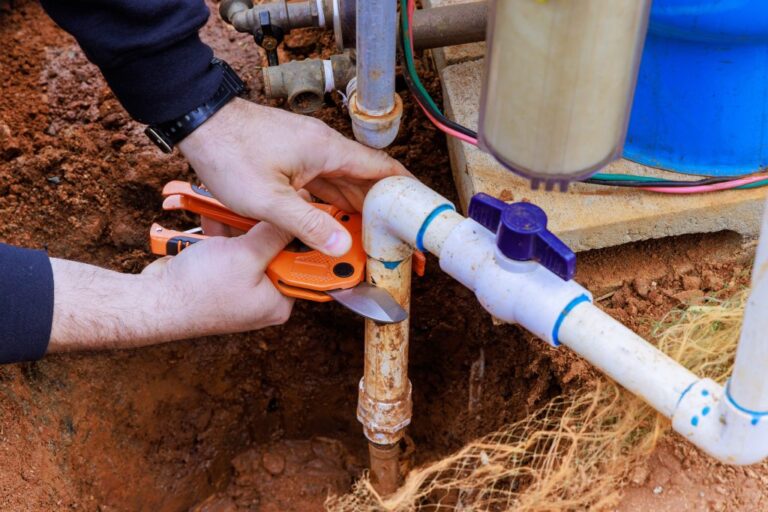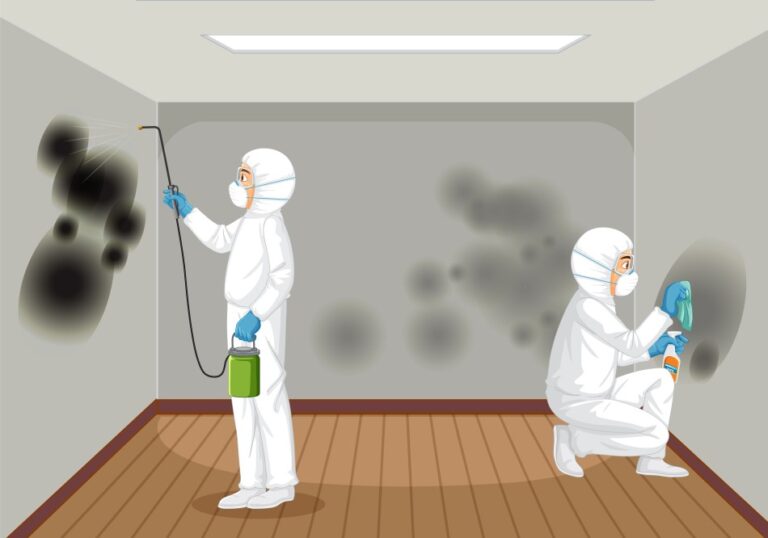Seeing dirty water fill up your shower can be alarming. This usually happens due to a blockage in your home’s plumbing system. If any of the drain pipes connected to your toilet, bathroom sink, dishwasher, or washing machine become clogged, the water might be diverted to your shower. You’ll need to identify the root cause of the blockage before you can clear it.
How to Clear a Clogged Main Sewer Line
Some clogs are straightforward to fix with just gloves and a plunger, while others seem to persist annoyingly. Regular clogs in the main drain can occur in any home and often lead to sewage line backups.
The main sewer line, which connects all plumbing lines, may become clogged due to inadequate maintenance. If you find that your main drain is frequently clogged, it’s wise to consult a plumber. A licensed professional can effectively tackle the blockage in your system.
Common Causes of a Blocked Sewer Line
Several frequent issues may lead to blocked main drains and sewer lines, including:
– Sagging, cracked, or defective sewer pipes
– Tree roots invading the sewer pipes and hindering proper drainage
– Improper bathroom habits, like flushing baby wipes, diapers, feminine products, and paper towels
– Pouring grease, fats, or oils down the drain, which can solidify and create blockages over time
Can Toilet Paper Clog Sewer Lines?
We emphasize that only human waste and toilet paper should be flushed down the toilet, as other items can harm your sewer system. However, even the toilet paper meant for flushing can sometimes lead to clogs. Excessive amounts of toilet paper may not dissolve quickly in water and can get stuck in the pipes.
The toilet paper you use should break down easily and be comfortable to use. If it’s too thick and takes longer to soften, it can contribute to blockages in your main drain, especially if your sewer system is outdated or hasn’t received repairs in a while.
The Dangers of Ignoring Drain Clogs
While small clogs can often be dealt with using household tools, recurring blockages may signal the emergence of a larger problem in your drainage system. Major clogs frequently form due to the buildup of soap residue, fats, hair, and other organic materials over months or years. Addressing such blockages typically requires specialized tools.
If a homeowner overlooks a significant blockage, minor clogs will continue to recur more frequently. Severe blockages can also indicate a deeper issue, such as tree roots infiltrating the drain pipe. If allowed to persist, tree roots can wreak havoc on your plumbing, leading to significant clogs and overflowing sewage.
How Often Should You Clean Your Sewer Lines?
Just like any other essential system in your home, sewer pipes require regular maintenance to work efficiently. Many homeowners overlook their sewage systems and only think about them when a clog occurs. To avoid serious issues down the line, taking preventative measures is key.
It’s recommended to have your sewer lines inspected and cleaned by a licensed plumber every 18 to 22 months. This routine maintenance comes at a low cost but can save you a significant amount on future repairs and replacements.
If you notice signs of a clog in your main drain, don’t hesitate to contact a trusted plumber right away. They’ll thoroughly check all necessary components, including bathroom pipes, main drainage, and blocked kitchen drains.
If you’re not comfortable handling this type of repair yourself, the team at is just a call away to assist you with all your plumbing needs.




